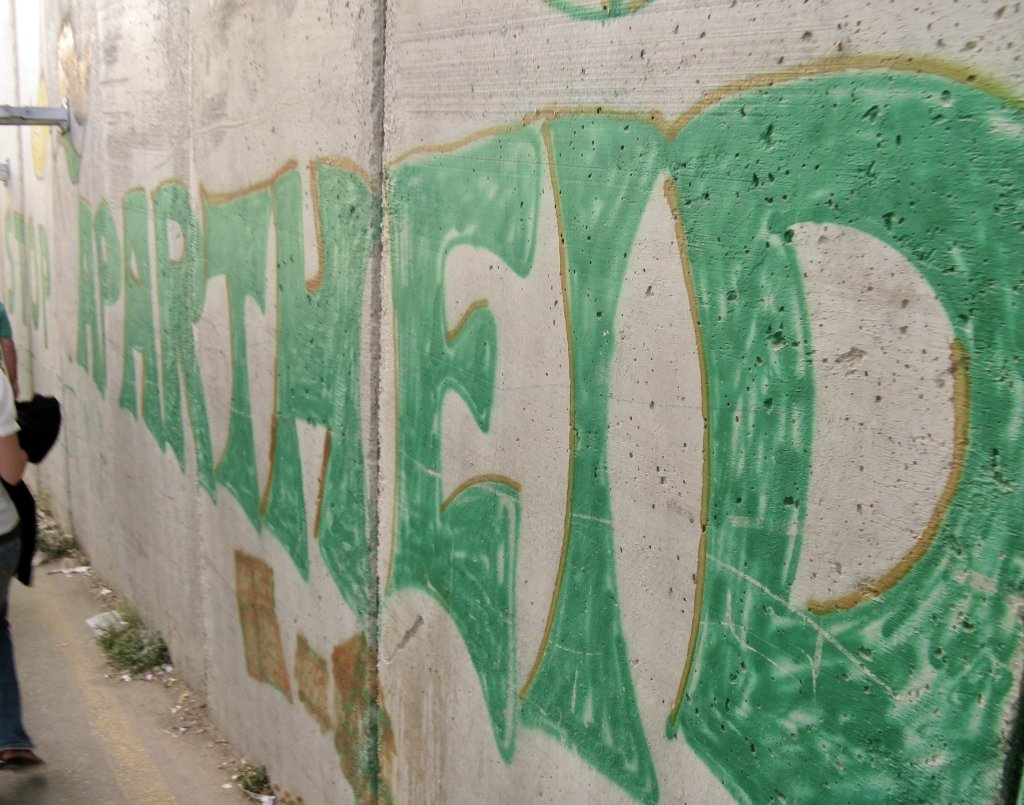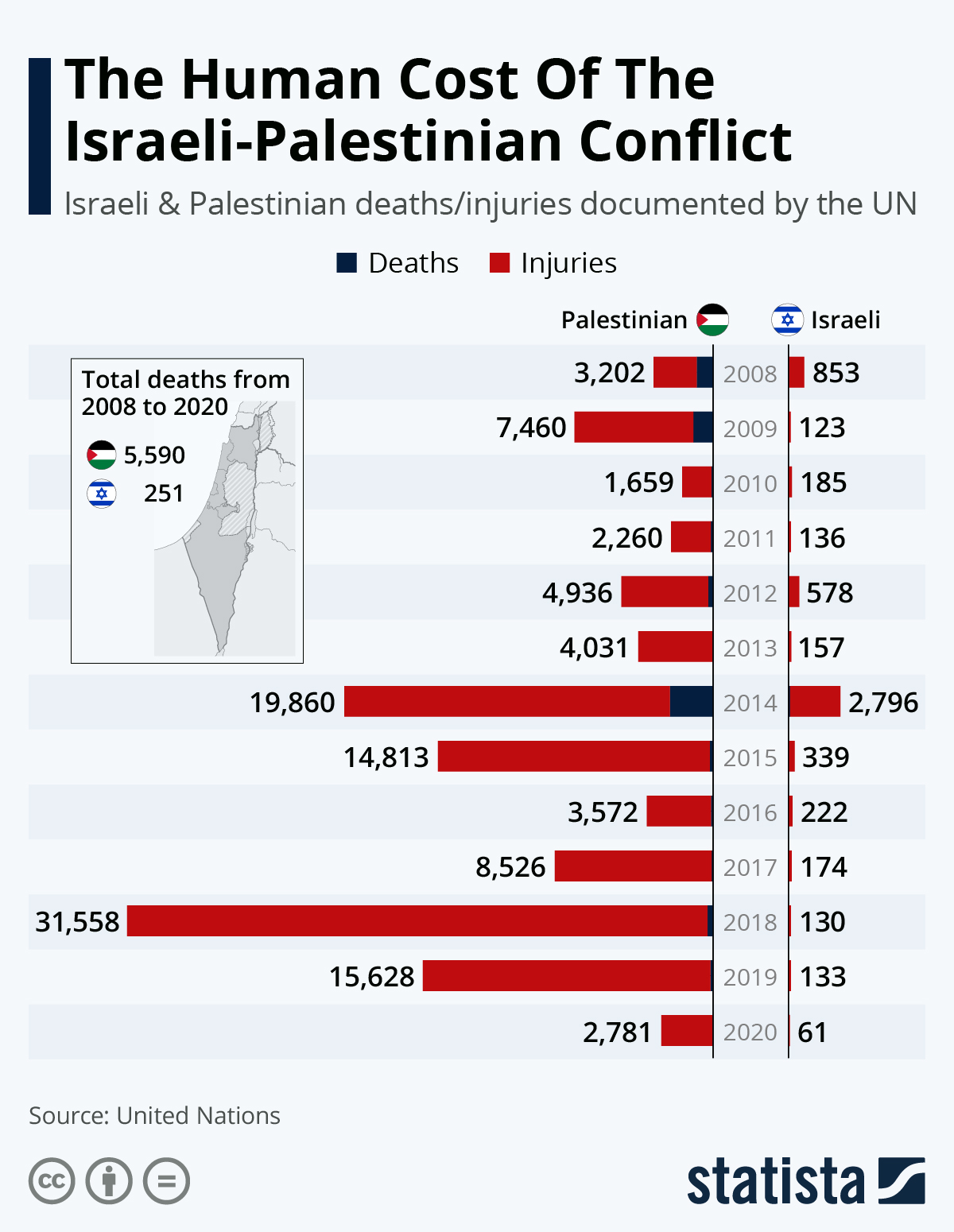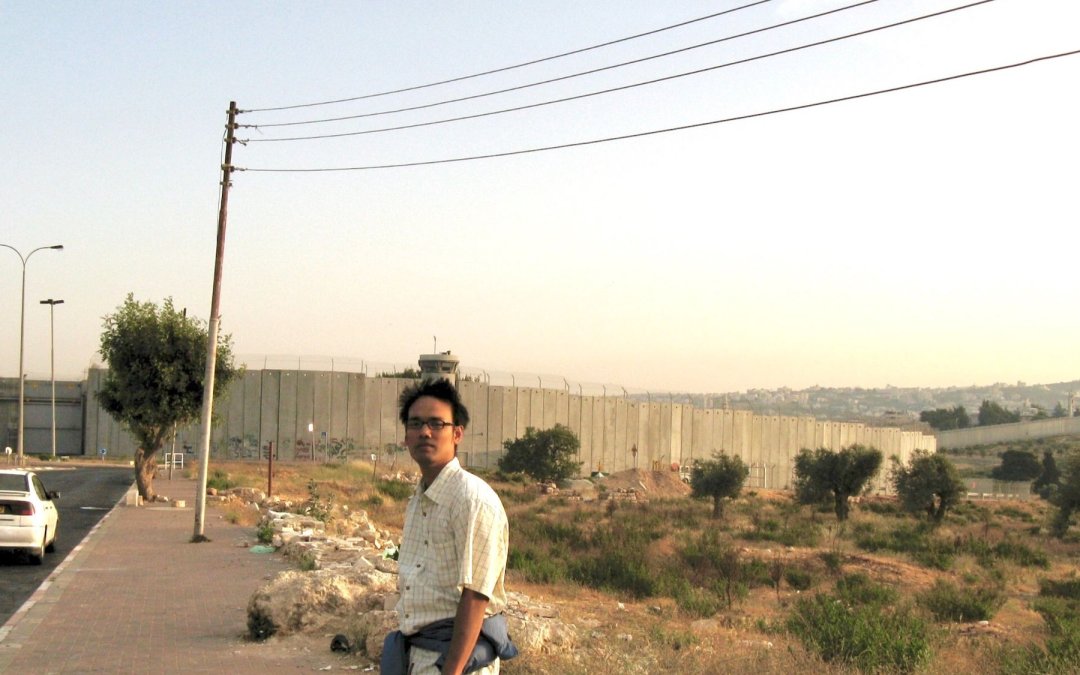** I’ve decided to post this newsletter entry publicly. Audio version is now on my podcast as a bonus episode. Also, this is a good article to situate yourself from a more ‘inside the house’ perspective by Rabbi Dayna Rattenberg. **
As I pen this newsletter the ground offensive into Gaza is set to begin. A response to the odious terrorist attacks by Hamas in Israel killing over 1300. The IDF (Israel Defence Forces) continues to respond with airstrikes into Gaza which at last count have killed 1900. In moments like these nations don’t slowdown to consider the long-term costs. Nations respond in the only manner they seem to know how: speed up to enact vengeance. In its wake will be a rising cost to life. In other words, we shouldn’t expect anything different than an escalation to war. And who will bear the brunt of devastation? Children.
Children are the primary victims of this escalating war. In Gaza alone, over 40% of the population are children. Over 40%.
***
I tend to be slow to speak on issues that I have little business putting my nose into. But there is a time to express solidarity. And there’s also a time to name pertinent observations. Like when the tensions in the Middle East pit Israel versus any foe, many Christians slide into an immediate posture to justify violent vengeance with wicked ease.
It bothers me when Christians, particularly those who are normally silent on matters of grave injustice, offer opinions cut from religious formation that condones hate, violence, and bigotry. It’s as if there are moments when by-passing the teachings of Jesus is justified so long as it props up specific power holders or worldviews.
This connection is important because it has specific roots in western thought and praxis. Both the imperialist arm of nation states, and white hegemonic Christian theology. Namely, many Christians in the West, particularly white evangelicals and fundamentalists, are formed in untruths coupled with defunct theology that produces some incredulous opinions.
For example, answer this question: how would Jesus respond in this unfolding war? Would he be siding with a particular nation? Would he be rushing to pick up arms? Would he have an “I told you this would happen” moment? Or would he be searching for the peacemakers? Siding with the children? Declaring a love for thy enemy?
Love thy enemy? Turn the other cheek? That bothers a LOT of Christians. Now, Nations are going to nation, which is why Israel will go to war and likely raze Gaza to the ground. But the two can be true at the same time. War is happening, and Christians ought to have a unified voice advocating for peacemaking and the preservation of humanity. We need this subversive voice to speak louder.
War will break out, Gaza razed to the ground, a stronger Israel emerges, and Jesus is one step closer to coming back to Earth…..
Wait, what? That was a bit of a leap? Kinda out of left field. But it’s the type of end-times beliefs many Christians hold, and it makes less sense than my previous paragraph. There are popularized theological opinions that earnestly believe war, of whom children will be the primary victims, is the most logical pathway for Jesus’ return. Odious.
Intersections
The picture at the top is me taken in 2008. I’m standing in front of a wall that would make Tr*mp proud. It was newly(ish) constructed and marked the separation between Israel and the West Bank (behind me was Beit Sahour and Bethlehem). The wall is built significantly past the 1949 Armistice border encroaching on Palestinian territory (remember, Palestine is not a country, they’re under Israeli occupation). The wall was constructed to create checkpoints for all Palestinians not living in Jerusalem in response to terrorist attacks in the region. The wall works, reducing attacks by over 90%. It also means every Palestinian who needs to work or travel to Jerusalem have to pass through a military checkpoint twice daily. (Here’s a picture from the other side.)

I didn’t have strong opinions on Israel or Palestine prior to arriving in Jerusalem. My crumbling and already loose evangelical formation, (that included the hot-trash fictional Left Behind series), wasn’t enough to ignore the other side of the wall. Although I had done extensive reading on the region prior to completing my last year of seminary back in 2008, the tangible monuments from the wall to the barbed wire and the troops, etched into my mind a visceral power imbalance.
Back home, although I have Muslim friends, one cannot escape the anti-Islamic bias perpetuated throughout Western culture. Brown and Muslim are a deadly combination. I also went to region seven years after 9/11. So despite some knowledge about the magnitude of complexities, I didn’t have enough to make sense of what was happening on-the-ground. Was more knowledge the answer?
Then during my trip we went to a church service.
Actually, it was a meal in the home of a Palestinian family. The father/husband was also a pastor, Pentecostal oddly, who invited us in. And that’s when my paradigm shifted. Tangible relationships do wonders to shift theological opinion and worldview. This was a formative moment for me. And looking back I remember how the only Christians we met in the land were Palestinian Christians whose roots went back generations–not just centuries, but millennia….
***
There’s an oddity that I’ve alluded to regarding (what I think is) fringe Christian theology. Theology that takes Jesus and ties him to the modern nation of Israel. Some Christians believe that the establishment of Israel is linked to the second coming of Christ. So much so they will tacitly support Israel in hopes of speeding up the process! Now, ask any Jew today or yesterday about this connection and they won’t have the foggiest notion about it. (Although I’m sure Israeli organizations are happy to take any monies they can from Christian zealots trying to speed up the return of their Messiah.) It sounds preposterous because it is. Not only is it fringe theology, it’s BAD* theology. But it’s also theology that compelled (compels) a lot of Christians to vote and speak out in specific ways that in the end bring harm.
[N.B. I’m only talking about a fringe (that word again) set of beliefs that represent a sizeable voting block in America, and not speaking to on-the-ground realities and political intersections of Israelis and Palestinians.]
* By bad theology I mean theological opinion that’s largely rejected by most Christian denominations/traditions, even evangelical ones today. Dispensationalism for its part is a relatively modern movement with less than 200 years under its belt and built to accommodate Christian supremacy in the world, and Christian salvation at the expense of the annihilation of everybody else.
How did we get here?
To over-simplify, the constant violence throughout the Middle-East was birthed out of the tentacles of western imperialism. The current state of Israel was manufactured by western powers following the end of WWII. Nobody wanted to take in Holocaust survivors so those same powers took out a big map and drew borders for a new nation: present-day Israel. They did so without any care for the hundreds of thousands of Palestinians who were already there. There was a lack of foresight of what displacing people from their lands, to migrate displaced people (who would call the lands theirs as well) to the lands, would do to destabilize the region. It was trouble from Day 1 that’s produced unending tension and violence, and importantly a widening gap of systemic oppression where today one side, propped up by the West (America), inflicts the most damage.
 You will find more infographics at Statista
You will find more infographics at Statista
Opinions on how the region can move forward I do not have. I’m not there. Not my fight. But raising my voice to name power imbalance, and how the participation of imperial powers is related, I can do. Indeed, it’s Chirst-like to name how Christians in the West are contributing to violence and oppression. How specific theologies are rooted in violence and oppression which is a good place for the decolonized mind to start unlearning.
To come full circle. The West produced this problem in most ways. The West continues to exacerbate the problem. Christians in the West, particularly in the United States, are vocal proponents of Israel, not because they care about the annihilation of Jews (because that’s a real devastating threat and worthy of support), but because it’s tied towards the end-times. Although I readily admit this is a generalization, what I’m trying to tease out is how we (Christians) hold unknowing formation deep down inside that informs how we think, view the world, and view the people in our world. It’s not equal. Some are the chosen ones. Others are the pariah, vilified and dehumanized. Categorizations that fuel the engine of violence at the expense of marginalized people (in this case Palestinians) of which children are the primary victims.
This should leave us with deep lament for the tragedies that have taken place and are about to. It ought to compel us to a form of suitable action–to speak out against atrocities. It must challenge us to drop false pre-tenses of equivocations (both sides are…) or whataboutisms (what about what they did?), and adopt the unambiguous call to find a more life giving way that seeks to preserve and elevate the beauty in our collective humanity.

